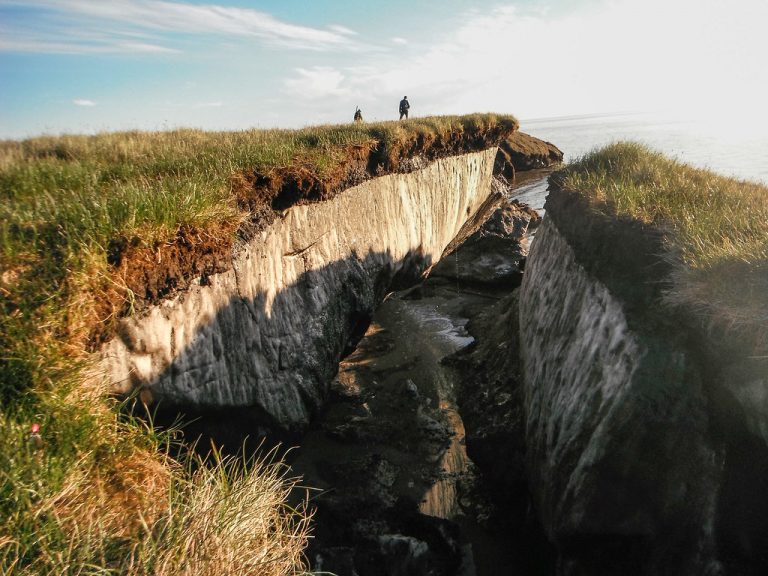Published on August 1, 2019

One of the interesting features of climate change is the warmer it gets, the warmer it will get. Warming global temperatures are often thought of as a one-way street, originating from the exhaust pipe of a vehicle and ending with an uptick on the thermometer. But the Earth has its own regulating factors at work, ones that when triggered work to further exacerbate human-caused warming. These cycles are known as feedback loops, and many are already churning.
An example of one of the feedback loops is as humans pump CO2 and methane into the atmosphere from a variety of sources, global temperatures rise. That warms permafrost found near Arctic latitudes, which in turn warms and activates bacteria in the soil. Those bacteria get back to what they were doing, and in the process produce methane, which in turn warms the climate further, defrosting more soil and producing more methane.
“That is one that we’re really concerned about given the extent of permafrost cover,” said University of Washington researcher and affiliate assistant professor of Environmental and Occupational Health Sciences Heidi Roop.
Roop is also the Lead Scientist for Science Communication at UW’s Climate Impacts Group, which is trying to understand how climate change is already affecting the planet and how it will continue to do so. Methane is of particular interest to researchers, and is one of the main greenhouse gasses.
Continue reading at the Bellevue Reporter.
Originally written by Aaron Kunkler for the Bellevue Reporter.